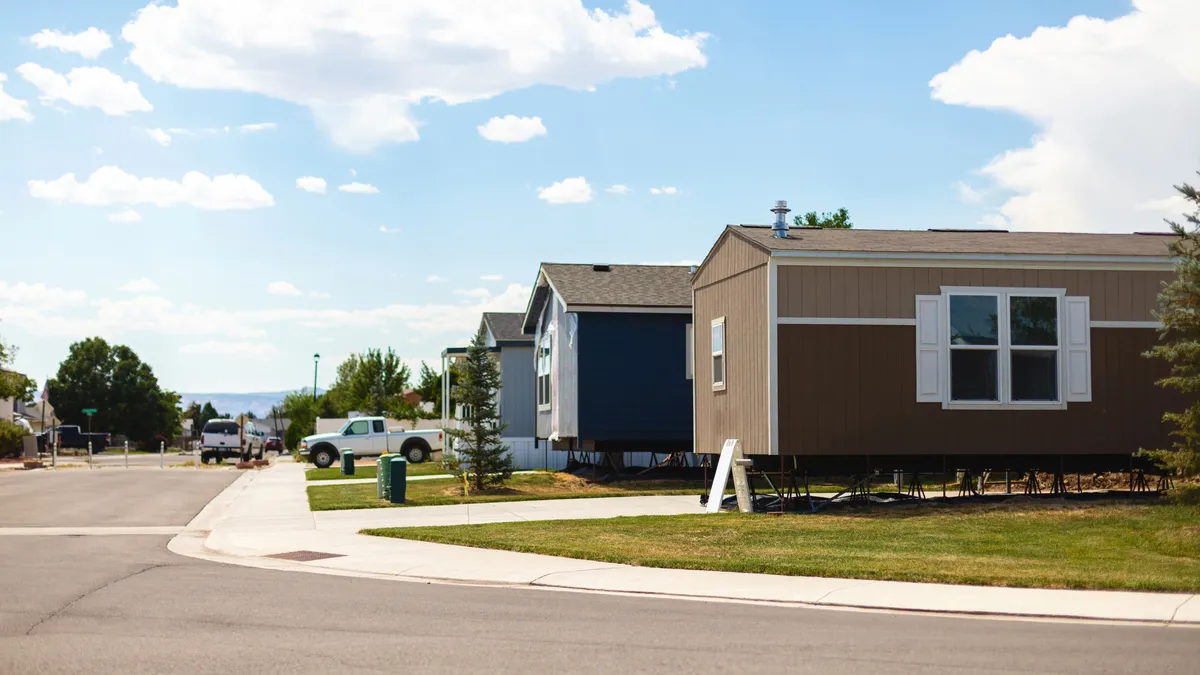Dive Brief:
- The Los Angeles Board of Public Works (BPW) voted unanimously on Monday to establish a Zero Food Waste Task Force, as reported by MyNewsLA. Per BPW's motion, the group has been tasked with finding "potential opportunities that may exist to reduce food waste and increase the amount of recyclable resources, including the creation of clean, renewable energy."
- This task force will be facilitated by BPW and include representatives from the Los Angeles Bureau of Sanitation, City Council, Homeless Services Authority, Offices of the Mayor and community-based organizations involved in this field.
- In addition to working with the new Zero Waste LA franchise program the task force will also focus on the resilience of food distribution and sourcing systems.
Dive Insight:
The BPW showed a willingness to tackle major waste issues when it approved $3.5 billion in franchise contracts for seven companies last fall. While this latest move is far less expensive and momentous it is still a notable step in the city's work to become a national leader on municipal waste management. As noted in BPW's motion, food waste makes up about 18% of the material Los Angeles sends to landfills and a 2014 state law requires diversion for a growing number of commercial generators. When coupled with the fact that an estimated 50,000 people are homeless in Los Angeles the need to recover and divert more food present is seen as even greater.
The franchise contracts do include requirements for a certain amount of food recovery, and local organizations are already active in this space. Legislation has been introduced to streamline this process at a federal level, but in the meantime interagency coordination could still lead to local improvements. The development on new organics processing technology is also part of the franchise contracts and the increasingly favorable economics of using the material to create renewable energy could lead to further activity.
When facing an issue as large as food waste many other municipalities have also worked to assemble a wide range of agencies and stakeholders. Similar conversations about food diversion and recovery systems are also going on in New York, Washington, D.C., Nashville, Philadelphia and a number of others around the country.












